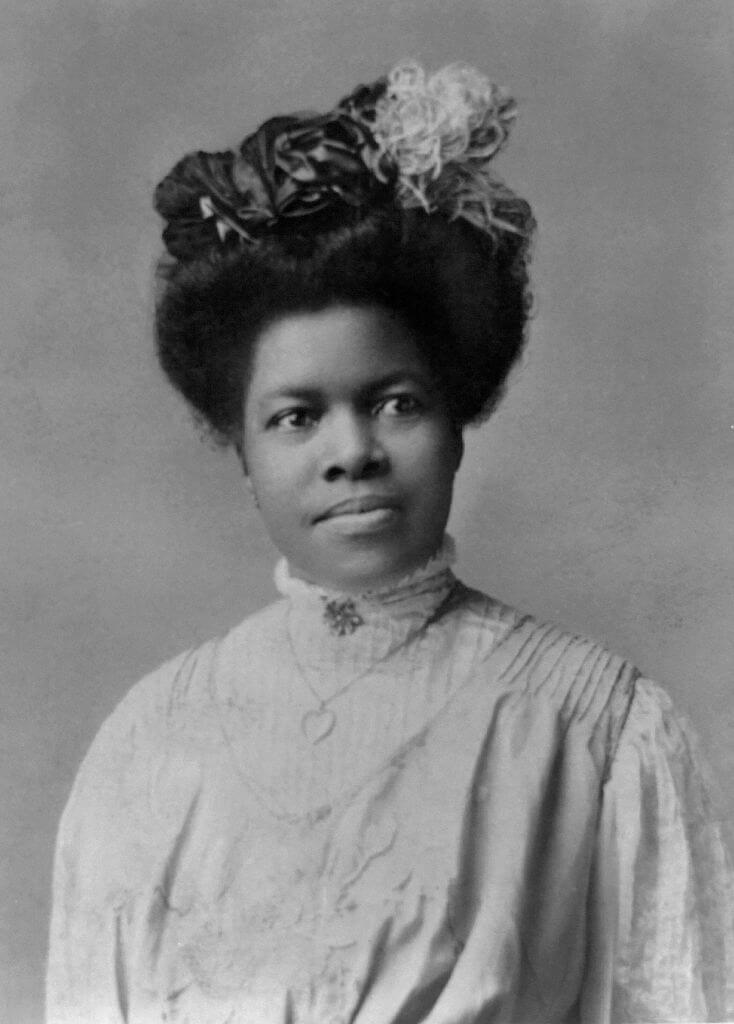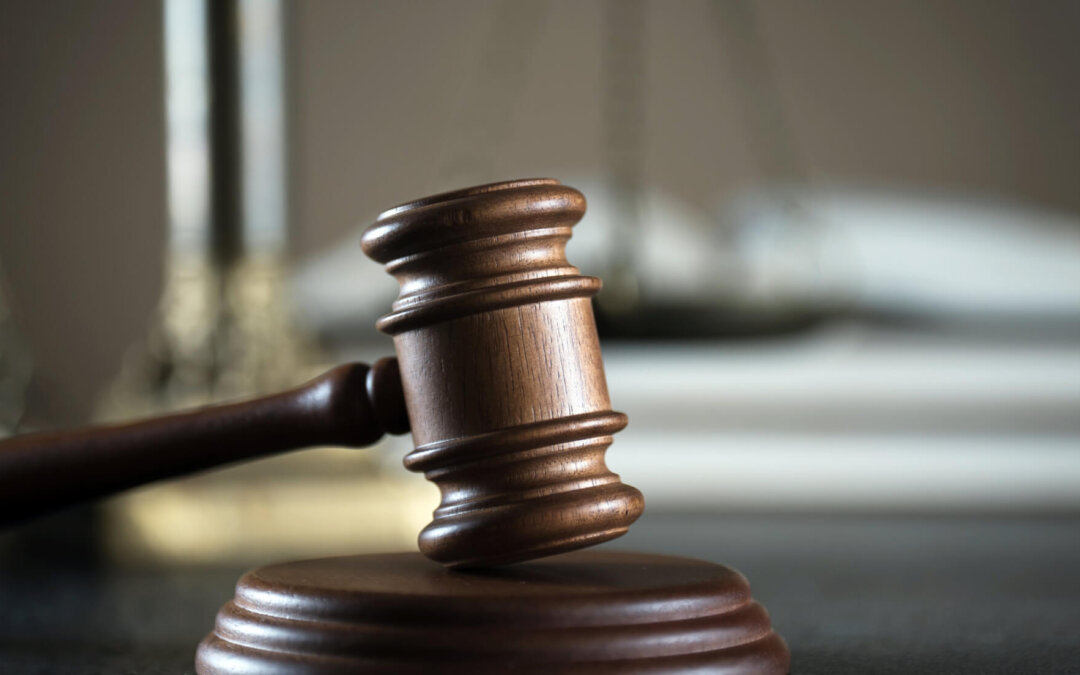
Nannie Helen Burroughs, 1879-1961, African American Educator and Civil Rights Activist, Half-Length Portrait, Rotograph Co, 1909. (Photo by: GHI Vintage/Universal History Archive/Universal Images Group via Getty Images)
Del. Joshua Cole thanks Black women around the Commonwealth, sharing a story from history.
RICHMOND – “Thank you for your sacrifices.” Del. Joshua Cole (D-Fredericksburg) spoke in a Virginia House committee meeting Monday, but he was talking to Black women across the state.
“Thank you for your sacrifices,” Cole said. “[Thank] you for your beauty. Thank you for your joy. And thank you for being the backbone of America. When deliberately bent, stretched and strained, you never break or give way.”
Cole took the virtual floor and gave an example, sharing the story of Nannie Helen Burroughs. An Orange County native, Burroughs was born on May 2, 1879 to former slaves.
While Burroughs was young, her father passed away. The tragedy caused Burroughs and her mother to seek refuge with family members established in Washington, D.C.
In the nation’s capital, Burroughs received better educational opportunities. Her mother also had better job opportunities in the district.
Those early educational opportunities ignited a passion within Burroughs, which became evident as a teenager.
“While in high school, she started the Harriet Beecher Stowe Literary Society,” Cole said.
The club at M Street High School, located in Washington, D.C., gave students outlets for both literary and oratorical expressions.
Burroughs studied domestic sciences and was a protege of Mary Church Terrell and Anna J. Cooper, leading African-American civil rights and suffrage leaders of their times.
“This set Nannie Helen Burroughs on a path to educating others,” Cole said.
Breaking Barriers
Upon graduation, Burroughs sought job opportunities as a domestic science teacher. However, a position within the D.C. public school division did not materialize due to the color of her skin.
“She did not let that deter her,” Cole said. “Instead, she shared her idea of opening a school for Black women in D.C.”
The idea picked up traction and Burroughs soon received sponsorship for the school from the Baptist National Convention. Small donations from Black women in the community also funded the initiative. Unlike many other prominent African-American educational startups at the time, Burroughs did not seek funding from white donors.
In 1909, Burroughs officially opened the National Training School for Women and Girls. The school educated Black, female pupils from around the world.
Today, the building still stands in Washington, D.C. as a Nannie Helen Burroughs building and serves as a national headquarters of the Progressive National Baptist Church.”
RELATED: Preserving the Legacy of One of the First Black Schools for the Formerly Enslaved
Working Together
“Nannie Helen Burroughs was an activist, a strong Black woman, religious leader and an educator,” Cole said. “She worked alongside such great minds like Booker T. Washington, even though they disagreed at times.”
On April 5, 1856, Washington was born into slavery. He went on to become an educator, author, orator and adviser to multiple U.S. presidents. In 1881, he founded the Tuskegee Normal and Industrial Institute, now Tuskegee University. Washington also founded the National Negro Business League. In Virginia, Washington served as the advisor to Christiansburg Institute, beginning in 1896 until 1915.
Additionally, Burroughs worked alongside Maggie Lena Walker, another Virginia native. Born in Richmond on July 15, 1864, Walker was the daughter of enslaved parents. Walker was a businesswoman and teacher and was also the first African-American woman to charter a bank and serve as its president in the entire country.
Burroughs also rubbed shoulders with Mary McLeod Bethune. Born in South Carolina on July 10, 1875 to formerly enslaved parents, Bethune went on to become an educator, stateswoman, philanthropist, humanitarian, womanist and civil rights activist.
Joshua Cole Says Thanks
Cole noted that Burroughs fought for civil rights, women’s rights and stressed the importance of education.
Cole also noted that Burroughs paved the way for other women and people of color in the commonwealth, naming off 20 different Virginia senators and delegates.
“Strong black women are around us, among us, carrying us and supporting us every single day, doing multiple jobs, delivering and securing behind the scenes, but they’re rarely celebrated,” Cole said. “Like Nannie Helen Burroughs, they are looked over because of their complexion, their hairstyles or their names. And yet they still continue to fight to make sure everyone, and especially their families, can strive.”
Amie Knowles reports for Dogwood. You can reach her at [email protected]
Politics

Virginia NAACP to sue Youngkin over handling of DEI records requests
The civil rights group said it would take Youngkin to court for not releasing communications between his office and state universities related to...

VIDEO: After vetoes, Youngkin’s budget “olive branch unlikely to persuade Democrats
Can the Democrats in the General Assembly and Republican Gov. Glenn Youngkin really find "common ground" among his proposed state budget amendments?...
Local News

Virginia verses: Celebrating 5 poetic icons for National Poetry Month
There’s no shortage of great writers when it comes to our commonwealth. From the haunting verses of Edgar Allan Poe, who found solace in Richmond's...

Join the fun: Recapping Family Literacy Night’s storybook adventures
When’s the last time you read a book aloud with a loved one? If it’s difficult to answer that question, then maybe it’s time to dust off that TBR...





